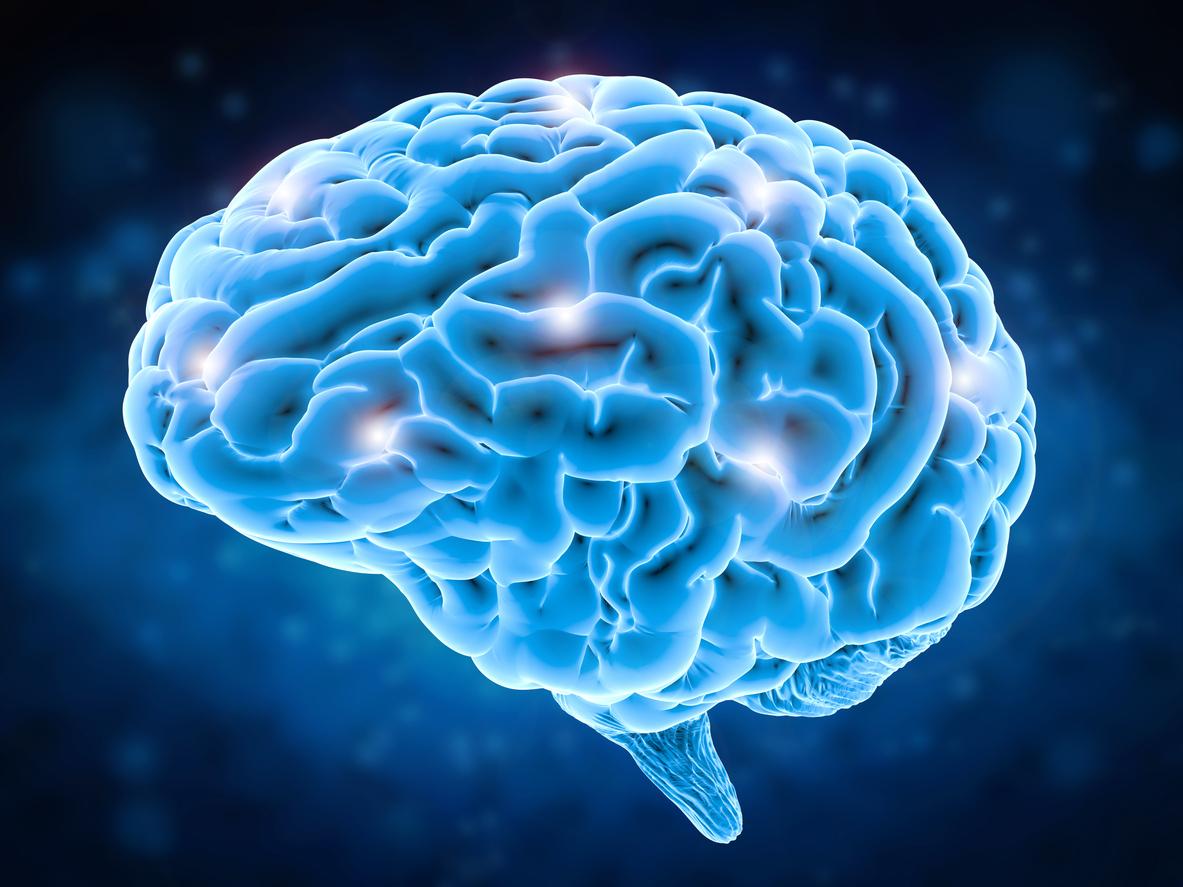THE paternity leave would have beneficial effects in terms of family and social dynamics, but also in terms of mental health. This is at least what a study unveiled by Inserm suggests, to be published in Lancet Public Health at the beginning of January 2023.
“In healthy people, 17% of mothers and more than 10% of fathers are likely to develop postpartum depression within a year of the birth of their child,” the study begins. However, we now know the impact of these depressive episodes, which can last over time and cause depression in patients. So researchers looked at the factors that could reduce their prevalence.
During this study, which was based on the Elfe cohort, including more than 13,000 French mothers and 11 fathers with children born in 2011, scientists are interested in the duration, as well as the taking of paternity leave. The reference was a two-week leave, paid and without risk of losing his job.
Paternity leave slightly reduces the risk of postpartum depression
Two months after the birth of the child, the families filled out a questionnaire to find out whether they had taken paternity leave, whether they intended to do so or not, and what their state of mental health was. It emerged that 64% had taken this leave, when 17% planned to do so, and 19% did not wish to.
What were the conclusions?
- The group with the most postpartum depression was the one who had not taken leave: 5.7% suffered from it.
- In the group having taken leave, they were less likely to have declared it: 4.5%.
On the other hand, the fact that the father benefits from two weeks has not been beneficial for the mothers, globally as many of whom experience this painful episode. The researchers conclude that this “negative association observed in mothers could suggest that a duration of 2 weeks of paternity leave is, on the contrary, not sufficient to prevent mothers postpartum depression.”
Source: Fathers benefiting from 2 weeks of paternity leave would be less at risk of developing postpartum depression, Inserm, January 2022.


















